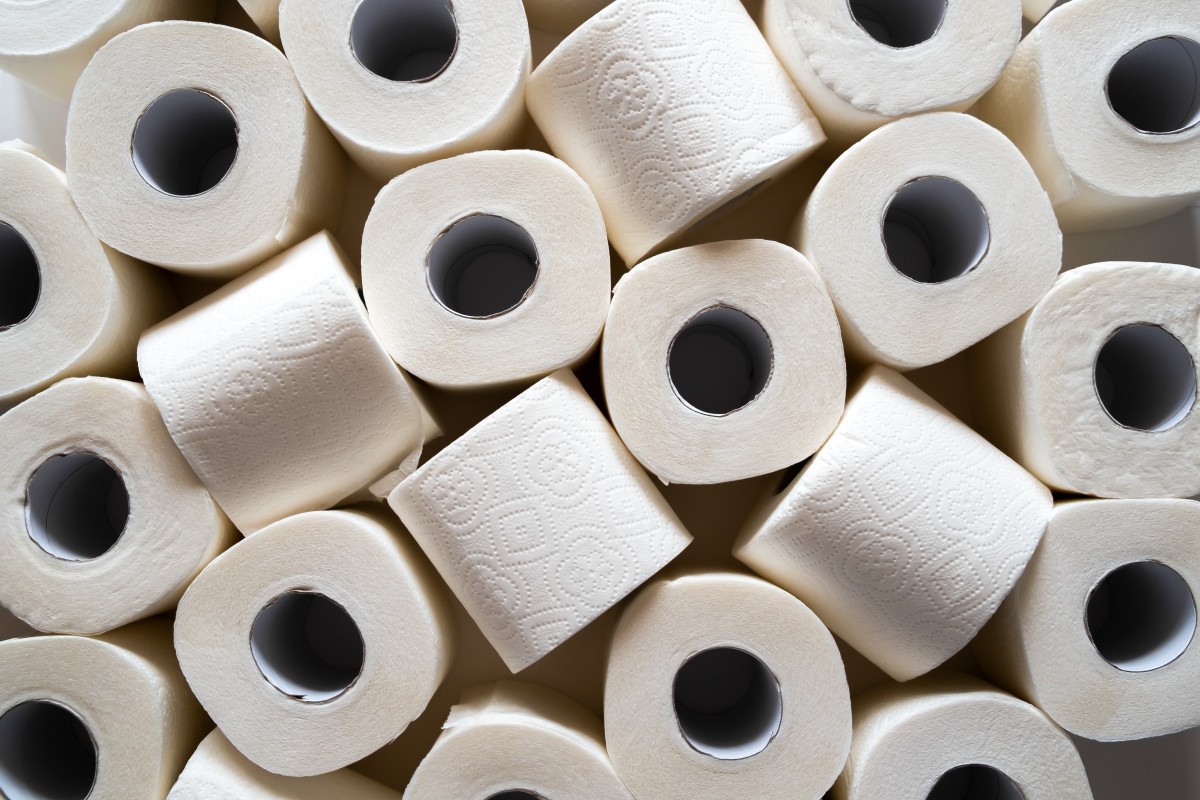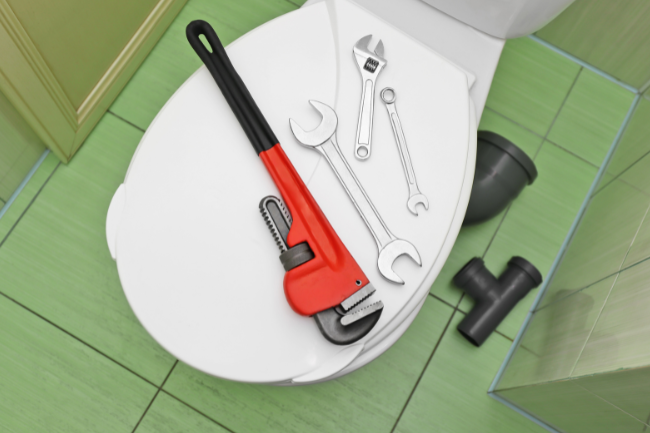How Has the Plumbing Industry Been Affected by COVID-19?
Posted by William Heinselman on

The COVID-19 pandemic appears to have left no industry untouched. Even businesses considered “essential” have been forced to adjust to new requirements and precautions to keep both employees and customers safe. Plumbing is one such industry that has had to evolve as a result of COVID-19.
Precautionary measures are not the only effects COVID-19 has had on plumbing services, though. The toilet paper shortage and its consequences will surely bring new plumbing industry challenges in the wake of the pandemic.Federal and State Requirements for the Plumbing Industry
Though plumbing is considered an essential business and open for services during the COVID-19 pandemic, there are federal requirements to keep the plumbing industry safe. In the list of professions deemed essential to keep open during the COVID-19, plumbing is listed as necessary to continue services.
“Workers such as plumbers, electricians, exterminators, and other service providers who provide services that are necessary to maintaining the safety, sanitation, and essential operation of residences…”
Though the plumbing industry is allowed to continue services, there are certain requirements plumbers must follow to keep themselves and their clients safe from COVID-19 transmission.
Guidelines for Protecting the Health and Safety of Plumbing Industry Employees and Customers
Plumbers are required to take extra precautions to maintain their safety and that of their customers during COVID-19. The International Association of Plumbing and Mechanical Officials (IAPMO) issued a guide on how to reduce coronavirus exposure when providing services.
While plumbing already requires employees to maintain protective measures such as gloves and hand washing, the COVID-19 crisis has led to other health measures to protect both plumbers and clients. To enforce social distancing even while on the job, plumbers are encouraged to maintain a 6-foot distance between other people and to wear personal protective equipment (PPE), such as gloves and a full face shield to be worn over safety glasses.
The IAPMO guide also issued precaution with plumbing coworkers. Ideally, plumbing tools should not be shared with coworkers and all tools handled should be thoroughly sanitized to prevent any risk of transmission as much as possible.
Common Plumbing Issues During the Pandemic
The pandemic has brought a host of plumbing issues. The toilet paper shortage has led to numerous plumbing problems from substitutes that are not as sewer friendly.
Toilet Paper Shortages Lead to Using Non-Sewer Friendly Substitutes
As much of the country has unfortunately realized, there has been a toilet paper shortage. A combination of hoarding shoppers and flaws in supply chains resulted in empty aisles and a rush to buy any toilet paper substitute.
Though flushable wipes and paper towels may not seem far off from toilet paper, they wreak havoc on plumbing and have created a massive problem for plumbers across the country. Though “flushable” wipes appear to be made as toilet paper alternatives, they do not dissolve the same way as toilet paper. While toilet paper is designed to quickly break down once flushed, wet wipes and similar products break down much slower. All this waste slowly accumulates together in tight masses when it flows through sewer lines, eventually causing sewer mainline clogging, or worse, severe damage to water treatment equipment.
Increased Interest in Bidet Installation
The lack of toilet paper and the resulting anxiety from the shortage has made many consider alternatives to traditional toilets. Bidets, which are popular in Europe but have never quite caught on in the States, are receiving more attention due to not requiring toilet paper. Bidets also rely on less water than toilets, which makes them more environmentally friendly.
Whether or not Americans will seriously consider installing bidets remains to be seen, but having a bidet does help reduce anxiety about empty toilet paper shortages.
Fatbergs and Community Sewage & Plumbing Issues
The consequences of the toilet paper shortage will be shortly seen, if not already, in a rise in community sewage blockages as materials used as toilet paper substitutes accumulate together in sewer lines to form large masses - fatbergs.
Fatbergs are congealed masses in sewer systems commonly formed by accumulating grease and non-biodegradable matters like wet wipes. They can reach huge sizes and weigh hundreds of pounds; for instance, a fatberg discovered in London in 2017 weighed almost 300,000 lbs and stretched more than 820 feet. These fetid masses are extremely difficult for plumbers to remove and can take weeks.
It’s likely that the COVID-19 toilet paper shortage will lead to the discovery of more fatbergs. In some areas, it’s already happening. A huge fatberg was just discovered in Melbourne, Australia weighing almost 100,000 lbs - a direct result of residents using wet wipes and other toilet paper alternatives during COVID-19.
Will the Cost of Plumbing Services Increase After the Pandemic?
Depending on the service, plumbing overall is not likely to increase in price after the COVID-19 pandemic. Though there may be delays in shipping tools or needed supplies which could increase service cost, there is likely to be little change.
If your plumbing is having problems due to using flushable wipes or other toilet paper shortages, however, then the repair cost can be hundreds of dollars. If a blockage is not treated as soon as possible, a host of other problems can result which will be even more costly.
Or, if the main sewer lines in your residential area are clogged and backed up, you will have to call your local city or municipality. Clogged municipal sewer systems can be more common if more and more people are using toilet paper alternatives due to COVID-19.
Whatever is the source of the blockage, you will need a plumber to come to fix it and restore your pipes. Remember, a sewer backup can affect your own health and your family's health, and cause your normal life to turn upside down. If you need help, contact us today for a full inspection of your sewer system.
Topics: Plumbing in Sacramento



![How to Prevent Flooding [6 Tips to Protect Your Property]](https://www.expresssewer.com/hubfs/prevent_flood.png?width=550)



